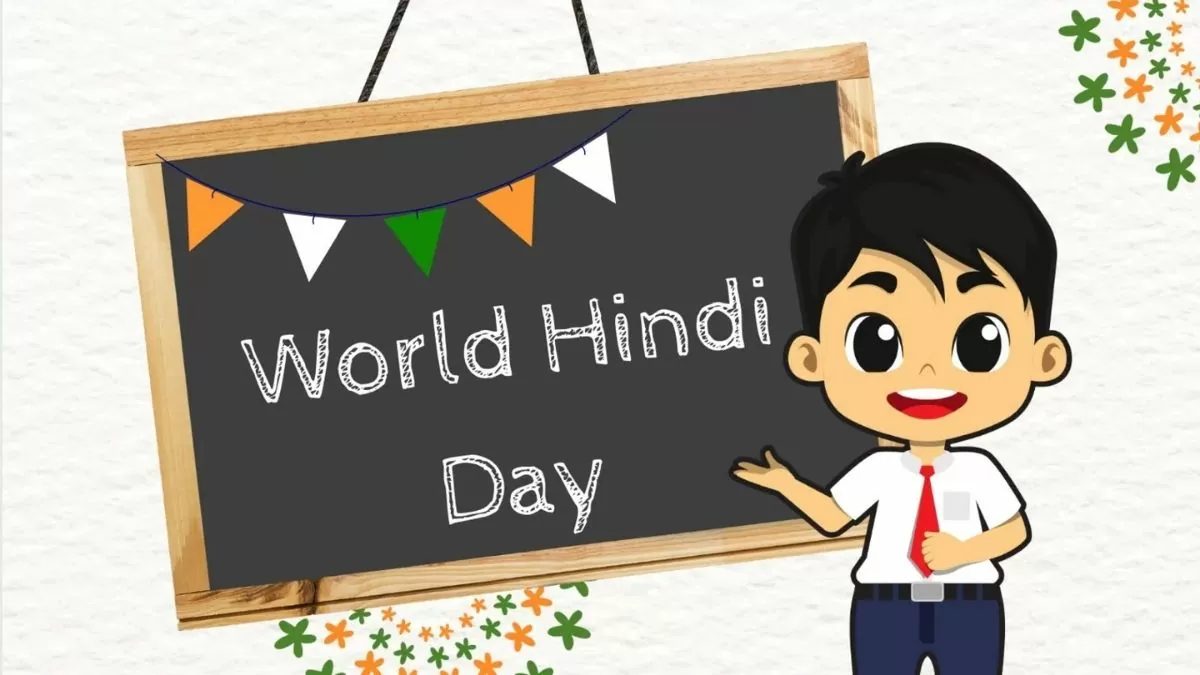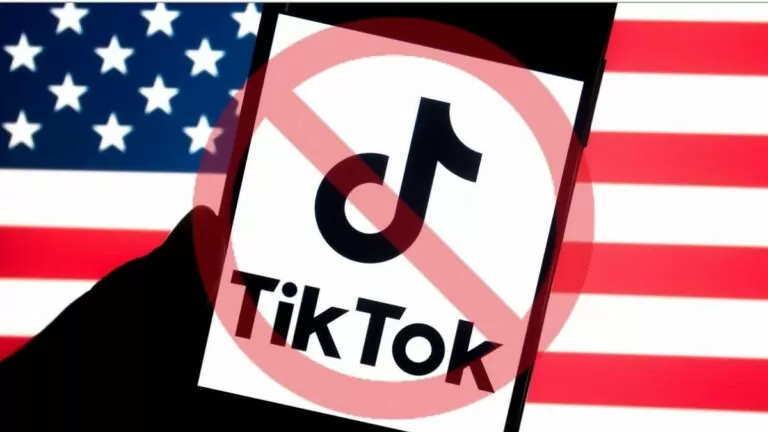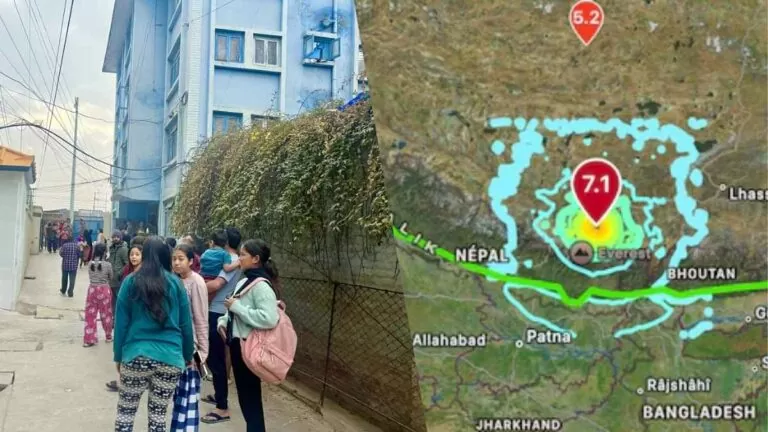World Hindi Day: Vajpayee’s Historic UN Speech in Hindi
Every year, January 10 marks the celebration of World Hindi Day, a global occasion dedicated to promoting and honoring the Hindi language. With its origins steeped in history and cultural significance, Hindi is one of the most widely spoken languages globally. After Mandarin and English, it ranks as the third most spoken language in the world. Recognized for its role in literature, cultural preservation, and modern-day communication, Hindi stands as a testament to India’s unity in diversity.
The Global Significance of World Hindi Day
World Hindi Day is not just a language celebration, but a recognition of the power that Hindi is and how strong it is getting in the world. Celebrated now for the past eight years since 2006 after it was initiated under the former Prime Minister Dr. Manmohan Singh, Vishwa Hindi Diwas emphasizes nurturing the culture to promote the international understanding of the Hindi language.

A Day to Reflect on Hindi’s Legacy
The origin goes back to the year January 10, 1949, when Hindi was first used during the session of the United Nations General Assembly (UNGA). The day not only honors the language of Hindi but also its use in the global world. Ranging from cultural programs to speeches, music, and theatre; this day calls for the promotion of Hindi in one’s daily activities in the global market. This is evident in the central Indian government both recognising Hindi as one of its official languages together with English.
Atal Bihari Vajpayee: Championing Hindi on the Global Stage
Vajpayee laid the trend through his historical speech at the United Nations General Assembly in 1977 where Hindi stepped onto the world arena. After attaining the External Affairs Minister’s position in India, Vajpayee recognized to be the first Indian leader who deliver a speech in Hindi at the United Nations which influenced a rather revolutionary change in the answerability of Hindi internationally.
A Legacy of Powerful Oratory
Not endowed with a sonorous voice and remarkably great public speaker though he was, Vajpayee still decided to speak to the General Assembly in Hindi while he was a great master of English. It was a very symbolic decision; to take Hindi to the international level and to display India’s language pride. During his first speech in the 32nd session of the UNGA, Vajpayee shared his idea of India and its relation to the rest of the world – a positive one. He quoted the indigenously rooted Indian tenet of ‘Vasudhaiva Kutumbakam’ meaning the village is the world asserting India’s consistent foreign policy of peace non-alignment and friendship.

Milestones in Vajpayee’s UNGA Addresses
Atal Bihari Vajpayee addressed the UNGA on seven occasions between 1977 and 2003, each speech leaving a profound impact:
- 1977 – Non-Aligned Movement: As External Affairs Minister, Vajpayee spoke about India’s dedication to peace and friendship.
- 1978 – Nuclear Disarmament: In his second address, Vajpayee highlighted the escalating arms race and the looming threat of nuclear war, emphasizing India’s advocacy for disarmament.
- 1998 – Democracy and Development: As India’s Prime Minister, he asserted India’s democratic resilience and its path of economic growth during a meeting with Pakistan’s Prime Minister Nawaz Sharif.
- 2000 – Millennium Summit: Vajpayee addressed issues such as terrorism and the global nuclear threat, defending India’s nuclear programs amidst geopolitical tensions.
- 2001 – 9/11 and Terrorism: Following the September 11 attacks, he called out state-sponsored terrorism and emphasized coordinated international efforts against global terror networks.
- 2002 – South Asian Security: At this session, Vajpayee warned of nuclear blackmail and its connection with terrorism in South Asia, a pressing regional issue at the time.
- 2003 – Critique of the UN: In his final UNGA address, Vajpayee reflected on the inefficiencies of the United Nations in resolving global conflicts, advocating for reforms within the international body.
On this day, we remember and pay tributes to former Prime Minister and statesman Late Shri Atal Bihari Vajpayee who took the UN by storm in 1977 with his speech in Hindi at the General Assembly. #AtalBihariVajpayee @MEAIndia @IndianDiplomacy pic.twitter.com/oqbU71R5Dk
— India at UN, NY (@IndiaUNNewYork) August 16, 2020
Vajpayee’s Enduring Legacy
Vajpayee’s contributions extended beyond his speeches. By consistently using Hindi at the UN, he elevated its stature globally, inspiring generations to embrace the language’s heritage with pride. His dedication symbolized India’s rich linguistic diversity and its readiness to engage with the world on its terms.
In 2005, two years after his last UNGA address, Vajpayee retired from politics, leaving behind a legacy of cultural and linguistic advocacy. He passed away in 2018 at the age of 93, remembered not only as a skilled politician but also as a passionate champion of Hindi.
Conclusion
World Hindi Day is an occasion to celebrate the language’s profound influence and its pivotal role in shaping India’s identity. As we honor Hindi, we also commemorate trailblazers like Atal Bihari Vajpayee, who took bold steps to put the language on the international map. His historic UNGA speeches in Hindi stand as enduring symbols of India’s cultural pride and unity in diversity.
This year, as we celebrate World Hindi Day, let us reflect on the language’s rich legacy, its journey to global recognition, and its capacity to connect people across the world. Let us ensure that Hindi continues to thrive as a symbol of India’s enduring heritage.








